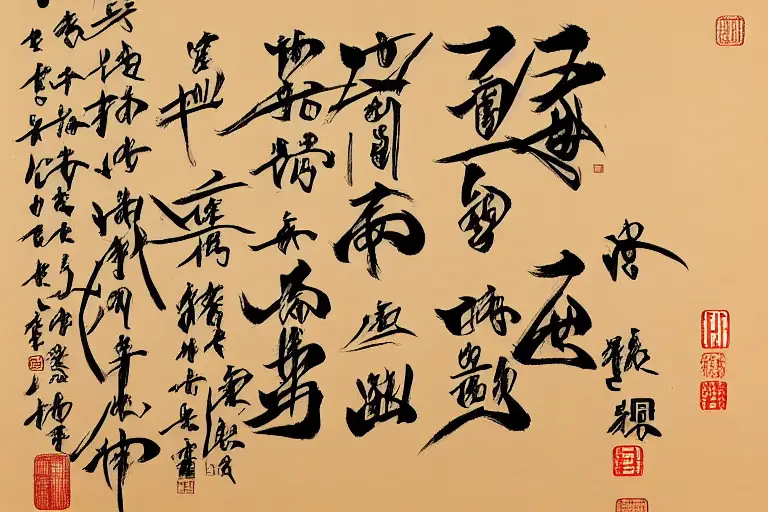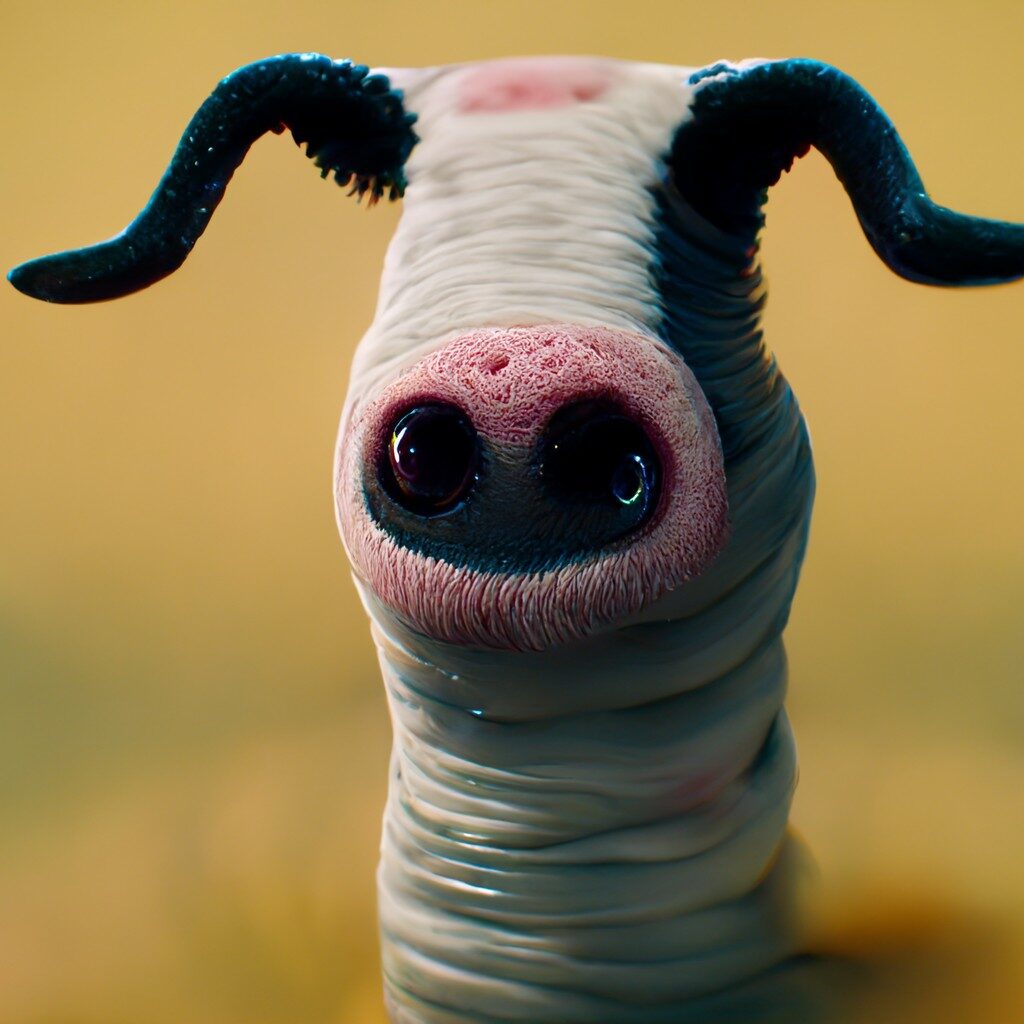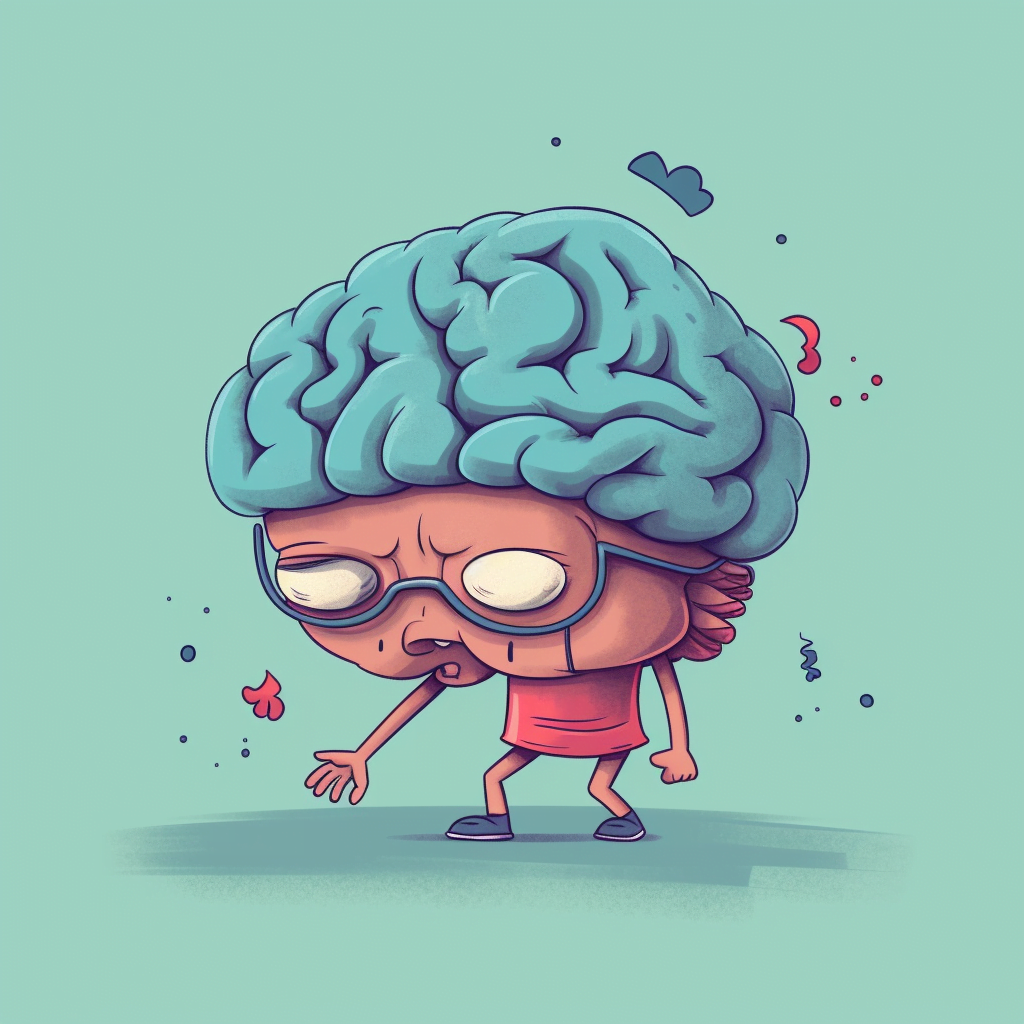I’m a lazy bum when it comes to doing things consistently over the long term. I like to call it my own special version of Long-Term-ADHD, but really it’s just pointing to my weird enjoyment for pseudo-chaos in life.
One of these long-term on-and-off-again yearnings of mine has been learning to read, speak, and listen to Mandarin Chinese. (Screw writing — that’s way too hard!)
And I’m not bad at it, don’t get me wrong…at least for a white guy — I tell myself.
I’ve been living in different parts of Asia for over 10 years now. And pretty much every country I go to, at some point I give up on learning the local language.
But not Mandarin. That is a beast I still yearn to conquer.
And I’ve tried over and over again throughout the years. Short bursts of incredibly fast learning followed up by a break in my routine, then guilt for not getting back to it for half a year.
But while I was sitting at a local late-night breakfast shop last week ordering my usual Chinese pancake, I laughed at myself in a characteristically insane fashion.
I ordered a 起司培根蛋餅 (cheese bacon pancake) from the lovely old shop owner, but I forgot to use the actual language…
I said “cheese bacon dawn bing” and she knew exactly what I wanted.
At that point I was reminded of the many, many words that were borrowed from other languages.
They’re called ‘loanwords’ and I love them.
What Are Loanwords in Chinese?
According to Wikipedia, there are at least 208 loanwords taken from English and used regularly in Chinese. To make matters even more complicated/amusing, some of the words were actually loaned to English in the first place from other languages.
Think of pizza (Italian), bourgeois (French), or coffee (Dutch).
Those same words in Chinese?
- Pizza — 比薩 Bǐsà
- Bourgeois — 布爾喬亞 Bù ěrqiáoyà
- Coffee — 咖啡 Kāfēi
These words often have a funny history as well.
Of course, before globalization, the amount of these loanwords was substantially less.
But as the East met the West more and more often in the pursuit of the greatest useless passion in life — money — both cultures didn’t share all of the exact same words.
The Chinese didn’t know what a blog was (博客 Bókè) before reading about it online.
Chinese ex-pats had no idea how to tell their friends back home about this fancy new music from Chicago called the blues (布魯斯 Bùlǔsī).
And of course, when they found this amazingly crazy style of chocolatey goodness in the form of a baked squishy square, they had to keep the name as O.G. as possible (布朗尼蛋糕 Bùlǎng ní dàngāo).
The process was simple as it is strange — to foreign ears at least.
Take an English word (or from another language), then use one of the 50+ phonemes in Mandarin and try to match them.
Pizza becomes bi-sa. Coffee becomes ka-fei. Brownie becomes bu-lang-ni. And so on.
They even do it to Western names, much to the occasional amusement of people that understand the meanings.
To make matters even, uh, amusinger, names of celebrities will sometimes combine in a form of linguistic humor — taking their traits/movie characters/English names to create fantastical versions in Mandarin.
- Calvin Harris becomes gāo fù shuài (高富帥) — Mr. Perfect (The first two characters also sound like ‘Calv’)
- Nicki Minaj becomes Málà jī (麻辣雞) — Spicy chicken (Sounds like Minaj and ‘spicy’ is slang for ‘sexy’ in Chinese)
- Jennifer Lopez becomes Luó bà (箩霸) — Lord of baskets (from a clever-but-probably sexist combination of booty + Lopez).
- Leonardo DiCaprio becomes lǐào nà duō (李奥那多) — No meaning, just a transliteration.
English Loanwords in Chinese
But enough about the meaning, you’re here to speak some Chinese, dammit! Chinese that you already know, that is.
I’ve selected a bunch from the big last that you might be interested in below. Note, the Mandarin is in simplified format:ut a list of a bunch that you may be interested in below:
Amen āmen 阿们 ammonia āmóníyà 阿摩尼亚 amoxicillin āmòxīlín 阿莫西林 ampere ānpéi 安培 amphetamine ānfēitāmìng 安非他命 aspartame āsībātián 阿斯巴甜 Aspirin āsīpílín 阿斯匹林 bacon péigēn 培根 bagel bèiguǒ 贝果 ballet bālěi 芭蕾 bandage bēngdài 绷带 banjo bānzhuóqín 班卓琴 bar bā 吧 / 酒吧 bazooka bāzǔkǎ 巴祖卡 beer píjiǔ 啤酒 bikini bǐjīní 比基尼 bingo bīnguǒ 宾果 bit (unit of information) bǐtè 比特 blog bókè 博客 blues bùlǔsī 布鲁斯 bourgeois bù'ěrqiáoyà 布尔乔亚 brownie bùlǎngní 布朗尼 bungee jumping bèngjí 蹦极 bus bāshì 巴士 bye-bye bàibài 拜拜 caffeine kāfēiyīn 咖啡因 calorie kǎlùlǐ 卡路里 cartoon kǎtōng 卡通 cashmere kāishìmǐ 开士米 cheese qǐsī/qishì/zhīshì 起司 / 奇士 / 芝士 cherry chēlízi 车厘子 chocolate qiǎokèlì 巧克力 cider xīdá 西打 clone kèlóng 克隆 Coca, Coke kějiā 可加 Coca-Cola kěkǒu kělè 可口可乐 cola kělè 可乐 cocoa kěkě 可可 coffee or café kāfēi 咖啡 cool kù 酷 couch or sofa shāfā 沙发 coup d'état kǔdiédǎ 苦迭打 crêpe kělìbǐng 可丽饼 croissant kěsòng 可颂 cumin kūmíng 枯茗 curry gālí 咖喱 didgeridoo díjílǐdùguǎn 迪吉里杜管 disco dísīkě 迪斯科 drive-thru déláisù 得来速 eureka yóulǐkǎ 尤里卡 fantasy fàntèxī 范特西 fascism fǎxīsī 法西斯 fillet fēilì 菲力 geek jíkè 极客 ghetto gédōu 隔都 go-kart gāokǎchē 高卡车 golf gāoěrfū 高尔夫 guitar jítā 吉他 hacker hēikè 黑客 hallelujah hālìlùyà 哈利路亚 hamburger hànbǎobāo 汉堡包 hello hālóu 哈喽 hippie xīpí 嘻皮 hot dog règǒu 热狗 jacket jiākè 夹克 jazz juéshìwǔ 爵士舞 Jeep jípǔchē 吉普车 jitterbug jítèbā 吉特巴 khaki kǎqí 卡其 latte nátiě 拿铁 lemon níngméng 柠檬 liquor lìkǒujiǔ 利口酒 logic luóji 逻辑 mankini nánjīní 男基尼 margarine màiqílín 麦淇淋 marker mǎkèbǐ 马克笔 massage mǎshājī 马杀鸡 microphone màikèfēng 麦克风 milkshake nǎixī 奶昔 mommy māmi 妈咪 mosaic mǎsàikè 马赛克 motor mótuō 摩托 mozzarella mòzālǐlā, mǎsūlǐlā 莫扎里拉,马苏里拉 muffin mǎfēn 玛芬 Nazi Nàcuì 纳粹 neon níhóng 霓虹 nicotine nígǔdīng 尼古丁 parfait bāfēi 芭菲 parka pàikè dàyī 派克大衣 party pàiduì 派对 pickup truck píkǎ 皮卡(车) pizza pīsà/bǐsà 披萨/比萨 poker pūkè 扑克 pudding bùdīng 布丁 punk péngkè 朋克 radar léidá 雷达 romance luómànshǐ, làngmàn 罗曼史,浪漫 salad shālà, shalǜ 沙拉,沙律 salmon sānwényú 三文鱼 salon shālóng 沙龙 sandwich sānmíngzhì 三明治 sardine shādīngyú 沙丁鱼 saxophone sàkèsī(fēng) 萨克斯,萨克斯风 sherry xuělìjiǔ 雪利酒 snooker sīnuòkè 斯诺克 soda sūdá 苏打 sundae shèngdài, xīndì 圣代,新地 ping-pong pīngpāng 乒乓 talk show tuōkǒuxiù 脱口秀 tango tàngē 探戈 tank tǎnkè 坦克 tarot tǎluó 塔罗 Teflon tèfùlóng 特富龙 telephone délǜfēng 德律风 ten-pin bowling (or the ball) bǎolíngqiú 保龄球 toffee tàifēitáng 太妃糖 tuna tūnnáyú 吞拿鱼 turquoise tǔ'ěrqíshí 土耳其石 vitamin wéitāmìng 维他命 vodka fútéjiā 伏特加 whisky wēishìjì 威士忌 yoga yújiā 瑜钾 yogurt yōugé 优格 yo-yo yōuyōuqiú 悠悠球 yuppie yǎpíshì 雅皮士
I hope you enjoyed this little factoid article it! And just in case you think that’s weird, there’s over 90 Chinese words we use in everyday English!
Soy, wonton, tofu, ramen, and the phrase ‘long time no see’ are just a few examples.
Learning different languages can often be made a lot more interesting when we find ways to tie them back to our own culture — and the difficult journey of Mandarin is no different.
If you enjoyed this article, come join Pryor Thoughts for more weird stuff. Thanks for reading!






